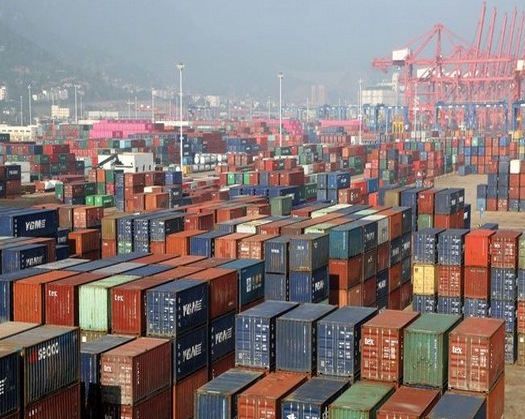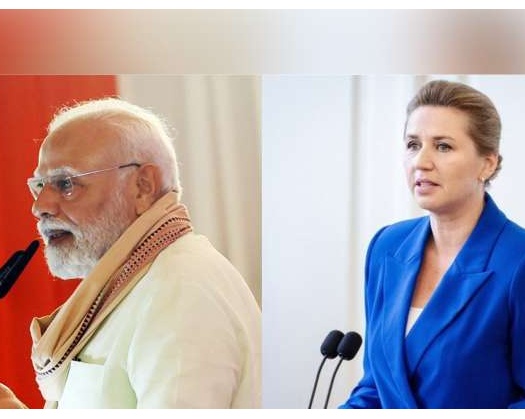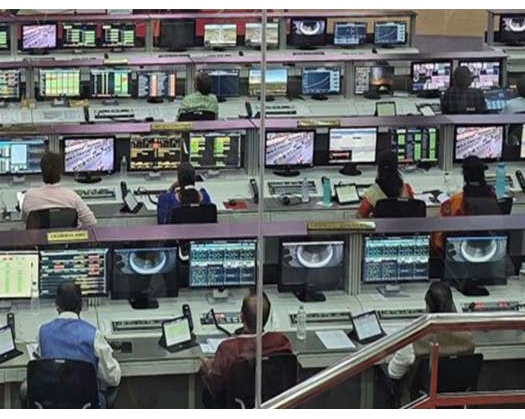New Delhi: According to the most recent S&P Global research, geopolitical troubles and changing trade regulations may have a detrimental influence on global oil consumption.
Premasish Das, Executive Director for Oil Markets Research, stated that geopolitical tensions and changing trade laws, such as U.S. tariffs, are slowing global growth, perhaps lowering oil demand. Refined fuel use will decline the most in China and the United States. Despite this, India is projected to lead worldwide oil demand growth, making crude import diversification a strategic necessity.
Furthermore, OPEC+ increased oil supply by 411,000 b/d, causing Brent crude prices to fall by 20%. At the same time, hostilities between Iran and Israel momentarily drove prices over $80 per barrel. The average oil price for 2025 is now predicted to be $68 per barrel, however higher supply may push it below $60 per barrel by year-end.
On the Indian side, the country's commercial effect is likewise increasing. Rahul Kapoor, Global Head of Shipping Research, noted India's reduced reliance on the Strait of Hormuz, which decreased from 55% in 2019-2022 to 41% in 2024, owing to increased Russian crude imports.
He emphasized that the global trade strategy must now consider geopolitical risks and supply chain redesign, which places India in a favorable position.
On energy transition, Eduard Sala de Vedruna highlighted India's ambition to achieve 500 GW of renewable energy capacity by 2030, although S&P anticipates that the objective will be reached by 2032. The existing capacity exceeds 200 GW. While issues such as infrastructure and regulatory constraints persist, government support and private investment are speeding growth.
Jenny Yang, Head of Power and Renewables Research, anticipated an 80% worldwide increase in electricity demand by 2050. In India, nonfossil fuels are projected to account for 77% of power capacity by that time.
With significant policy support, investment, and international collaboration, India is well-positioned to be a global energy and trade hub in the coming decades.









